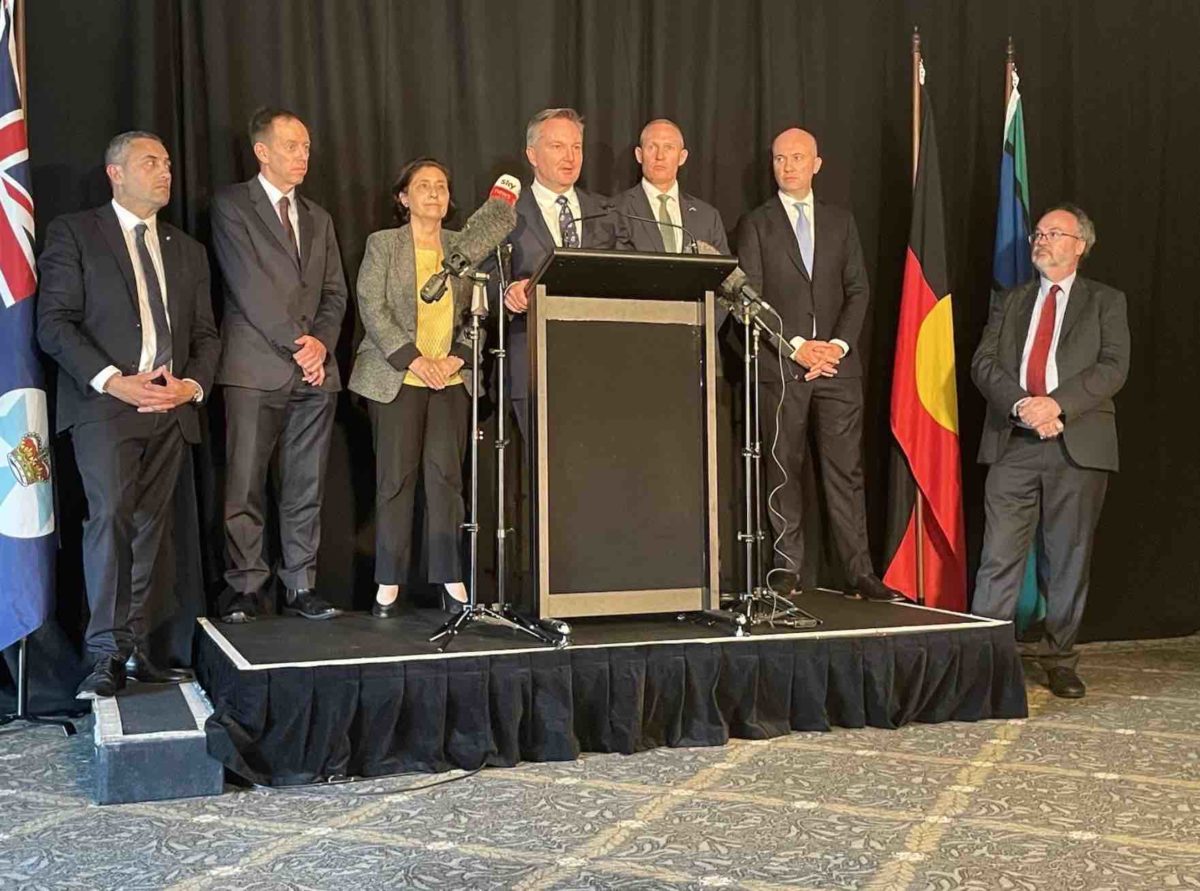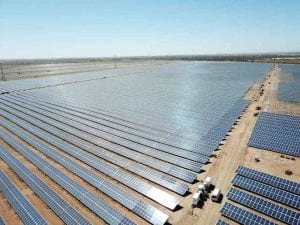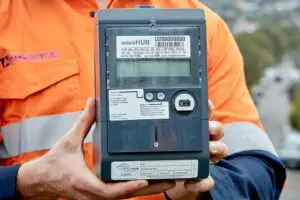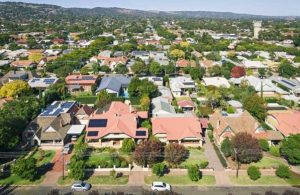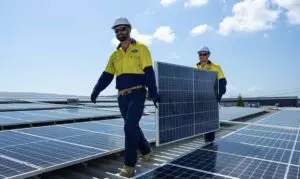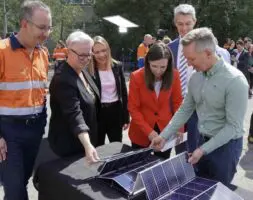The Energy Security Board, the additional regulatory body recommended by Alan Finkel and put in place by then prime minister Malcolm Turnbull and Josh Frydenberg, seemed like a good idea at the time.
A meeting of the brightest minds from the country’s leading institutions? What could possibly go wrong? But it hasn’t worked out quite as planned: It has seen as a dead weight on the green energy transition, many in the industry have had enough, and now want it to be gone.
The ESB is led by the top people in the country’s key institutions – the head of the market operator, the head of the market commission (which sets the rules), and the head of the market regulator.
It is not so much the people involved that has divided the industry. What has grated is the nature of the body itself and its pursuit of policies that have appalled those seeking to accelerate rather than slow the green energy transition.
At the two most recent meetings of state and federal energy ministers, the ESB has suffered humiliating rejections on two of the most fundamental pieces of Australia’s green energy transition – the design of so-called capacity markets, and the creating of a new formula to solve grid congestion.
On both occasions it has been slapped down by the industry, and by state and federal energy ministers, who accuse it of ideological pursuits, and being locked in the thrall of the legacy fossil fuel industry.
It has already been relegated by ministers to an “advisory” role on both these key policy streams, and confidence in its ability to produce a fit for purpose rewrite of the market rules is at an all time low. The industry wants it disbanded, and many state ministers appear to agree with that idea.
The issue has erupted again following media reports from an infrastructure conference in Sydney this week.
The head of the Australian Energy Regulator, Clare Savage – an influential and powerful figure when Angus Taylor was in office as energy minister – reportedly warned that the grid would have to be “rebuilt twice” if the grid congestion rules were not managed properly.
“If we don’t get it right, the costs could be higher, and the benefits of renewables and storage not realised. Worst case, we rebuild the grid twice,” she said, according to the AFR.
Kerrie Schott, the former ESB chair and now board member of AGL, was also critical of the ministers’ decision to dump the Locational Marginal Pricing formula pushed by the ESB, and reportedly accused the wind and solar project developers of focusing on building and selling projects as quickly as possible, but not connecting them.
See also: AGL chair repeats “lights will go out” coal threat as gas lobby goes into overdrive
Some in the industry are aghast, with one suggesting the Schott comment was ridiculous because, if correctly reported, it showed no understanding of how the market works. Wind and solar farms with no or difficult connections have little value, this person noted.
The two policies – on capacity and transmission – are critical to the industry because they will influence who is incentivised to build new projects and provide the firming capacity needed to support a high renewable grid.
The current market settings and the lack of investment in new transmission has favoured the legacy fossil fuel industry because it has slowed down the pace of new bulk wind and solar, and much needed storage projects.
“There is a desperate need to streamline, reform and modernise our energy market bodies,” said John Grimes, the head of the Smart Energy Council, which has been one of the strongest opponents of the contested policies.
He was critical of Savage’s role as a policy advocate, rather than a regulator.
“The Australian Energy Regulator should focus on regulating the energy market and not be distracted from that critical role,” he said in a statement to RenewEconomy.
“Policy makers should be allowed to focus on policy matters and be resourced properly to do that job. Energy market bodies that have no clear role, like the Energy Security Board, should be abolished.”
Stephanie Bashir, from Nexa Advisory, which has led some of the campaigns against the ESB’s signature policy proposals, says there is broad agreement that the ESB role in now redundant, and that the current governance arrangements are no longer fit for purpose.
“It should be wound up,” Bashir says.
“This closed culture is hindering progress on customer focused outcomes and meeting our emission reduction goals. Clarity of roles for the AER, AEMC and AEMO is urgently needed to ensure accountability, coordination and long-term certainty.”

